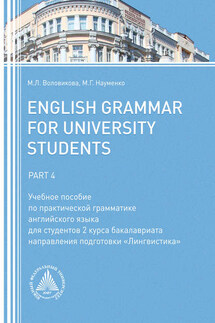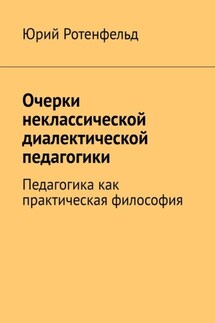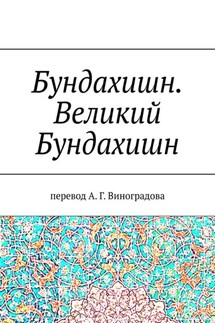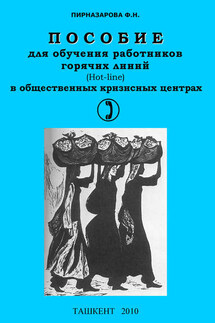English Grammar for University Students. Part 4 - страница 4
I saw him cross the street.
It is for him to decide.
He appeared to be a good doctor.
The objective infinitive construction
The Objective Infinitive Construction is a construction in which the Infinitive (usually the Infinitive phrase) is in predicate relation to a noun in the common case or a pronoun in the objective case.
The Objective Infinitive Construction is used as a complex object in the following cases:
1. After verbs of sense perception (to see, to hear, to feel, to watch, to feel, to observe, to notice and some others). Only Indefinite Infinitive without the particle ‘to’ is used in this case.
We did not see her enter the room.
They watched me cross the street.
Note: If the verb to see or to notice is used with the meaning to understand, or the verb to hear with the meaning to learn, the Objective Infinitive Construction cannot be used. Here only subordinate object clause is possible.
I saw that they had nothing to say to me (Я понял, что…).
I hear your brother has returned from vacation (Я слышал, что…).
2. After verbs of mental activity(to know, to think, to believe, to consider, to suppose, to expect, to understand, to find and some others).
I expect the goods to be loaded immediately
He considers this question (to be) of great importance.
We found the breakfast she had cooked to taste very good.
3. After verbs denoting feelings and emotion (to like, to dislike, to love, to hate, and some others).
I’d like you to try this dish.
I hate him to talk in this way.
4. After verbs denoting wish and intention (to want, to wish, to desire, to intend, to mean and some others).
I wish you to be happy and rich.
I don’t want him to be reprimanded.
5. After verbs denoting declaring (to announce, declare, to pronounce).
I declare you to be man and wife.
The journalists reported the second death to happen due to the hurricane.
6. After verbs denoting compulsion (to have, to make, to get, to order)
A salesperson got me to spend much more money on my suits that I wanted to
What made him change his mind?
I have the gardener take care of everything.
7. After verbs denoting order and permission (to allow, to order)
He ordered the keys to be taken from the prisoner.
The head master didn’t allow the telephones to be brought to school.
8. After certain verbs requiring a prepositional object (to count (up) on, to rely (up) on).
I rely on him to support me.
I’m counting on you to tell me everything.
9. After the verb to let without the particle ‘to’
Just let them try it!
The subjective infinitive construction
The Subjective Infinitive Construction is the construction in which the Infinitive (usually the Infinitive phrase) is in predicate relation to a noun in the Common case or a pronoun in the Nominative case.
The Subjective Infinitive Construction is used as a Complex Subject in the following cases:
1. With the verbs to seem, to appear to prove, to turn out, to happen, to chance.
appears as a place of worship.
seemed offence at my comments on her work.
proved a good friend when she lent me some money.
happened dinner when I came home.
2. With the verbs in the Passive Voice:
a) verbs denoting saying (to announce, to declare, to report, to say, to state, etc.).
was declared






